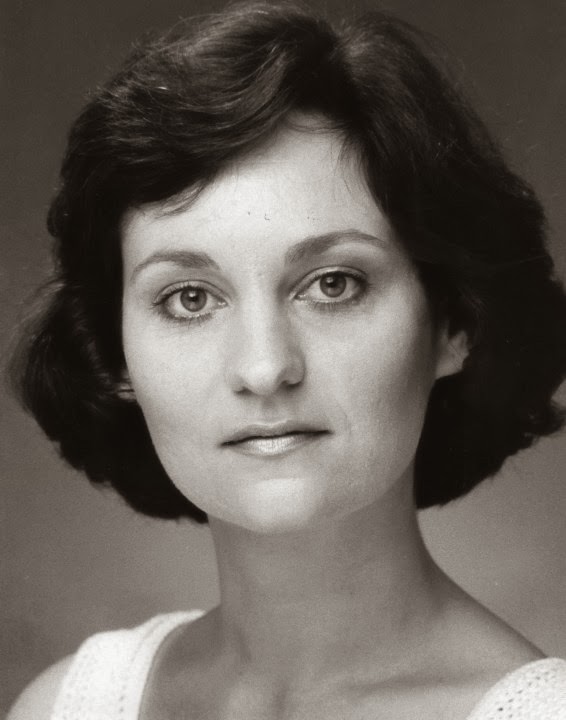I just saw the closing performance of the play, August, Osage County, a Cadence Theatre production at the Little Theatre here in Richmond. In it, the character played by the incomparable Melissa Johnston (in an inspired performance) describes divorce as "an embarrassing public admission of failure." The line shot through my heart like a poisoned arrow.
I'm getting a divorce.
It is not my idea, not my wishes, not the future I had in mind. It is an embarrassing admission of failure I hereby make public. Why? Because I need my friends. This has been a rough three months.
They say trouble comes in threes. Mine started with the deer. Somewhere on Route 5, on my way home from a rehearsal, a deer leaped in front of my car. I braked, but it was impossible not to hit it, and upon impact, it flew. I mean, FLEW. Twirled and disappeared in the darkness. It was a surreal moment, and nothing could have prepared me for the suddenness of it, or how quickly it was over. I drove on because I could. It was 10:30 at night, the deer was undoubtedly dead, and I was in the middle of nowhere.
Then came the robbery. I was attacked, tied up, and robbed at gunpoint by two masked men on December 21st. Obviously, I survived, but the event is still taking its toll. I'm afraid to sleep alone (even though my current circumstances offer me no choice), and I take sleeping pills to stave off nightmares. I can function fairly well thanks to medication and talk therapy. But the two gunmen are still at large. The police have exhausted their limited resources, and now ignore my phone calls.
Ten days later, on January 1, I asked The Mister what the New Year held for him. He said he wanted his "freedom."
The rest is a lot of sad, broken stories of sad, broken circumstances perpetuated by sad, broken people. But nothing is more broken than my heart. I quit a play I was looking forward to being in because I can't hold a thought in my head, much less learn lines. Heck,I'm lucky I remember to put on pants before walking outside.
So I'm asking for help in a public forum, pitiful as that is. Until now, I've told only a few loving, trusted friends (you know who you are) and my family. I thought I'd be stronger by now. I thought I'd be getting used to the idea of leaving my home. I thought I'd be able to manage my grief, disappointment, anger, and yes, embarrassment. But I haven't.
Please send me an email, take me horseback riding, tell me you like my new hair color (which is appropriately and naturally white now). Please tell me your wagon has joined the circle. It's the only way I'm going to get through the next three months, in which ten years of marriage will be reduced to figures, and parsed as if love was a season, and never meant to last..
I probably wouldn't be writing this were it not for seeing that performance of August, Osage County. I heard lines that sounded as if the playwright had eavesdropped on my life. Maybe that's why it won the Pulitzer Prize: because it speaks so searingly of the human condition, and reminds us that disappointment, betrayal, and heartbreak, unless you learn from it, is just pain.
See you in the circle. If you wave, I'll wave back.
Irene


















